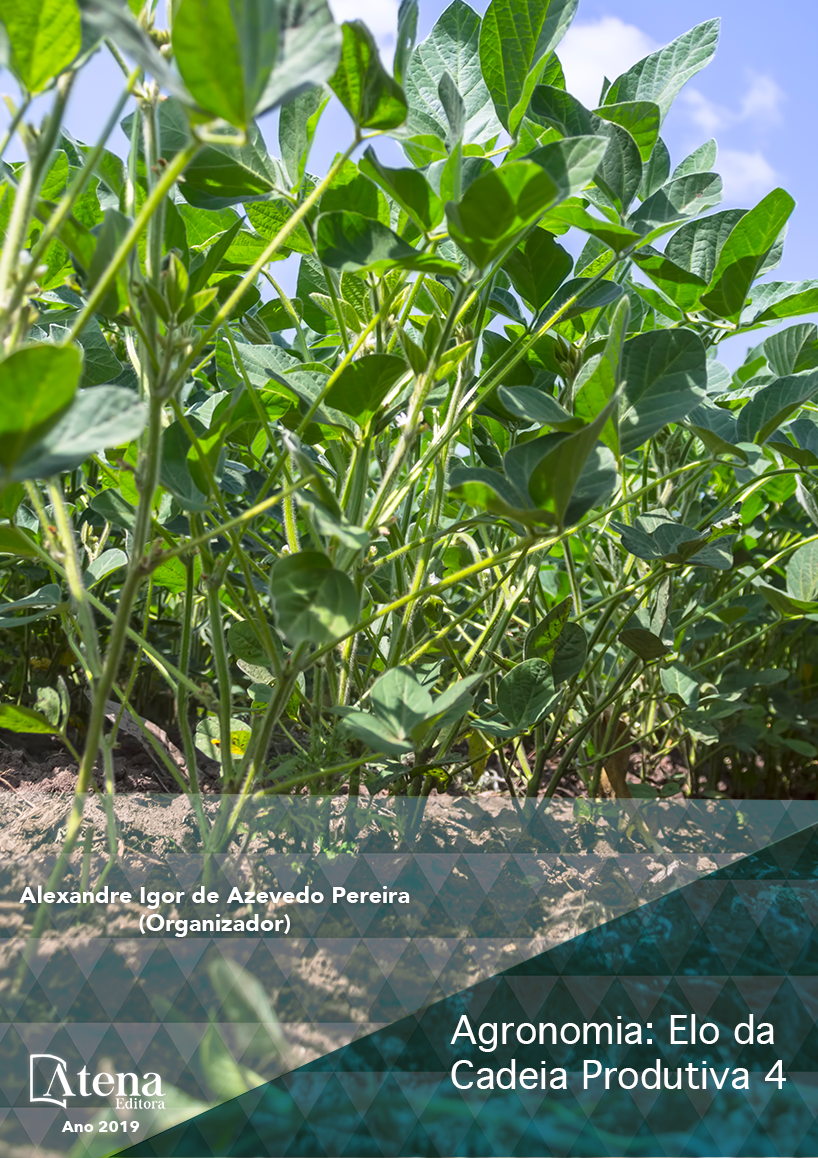
CARACTERIZAÇÃO DE UM AGROECOSSISTEMA DE CAMPO NATIVO NO INSTITUTO REGIONAL DE DESENVOLVIMENTO RURAL (IRDeR)
O objetivo deste trabalho foi
caracterizar um agroecossistema ecológico de
campo nativo em relação a uma mata nativa. Foi
realizada uma análise comparativa entre uma
área de campo nativo de 12 hectares e uma área
de floresta nativa de 78 hectares, localizadas
no Instituto Regional de Desenvolvimento
Rural, pertencente ao Departamento de
Estudos Agrários da UNIJUI, no município de
Augusto Pestana. Nestas foram analisados
pontos relacionados a Ecologia e agroecologia
agrícola relacionadas a fatores bióticos e
abióticos, a química e física do solo observando
os diferentes relevos da paisagem e a botânica
verificando os diferentes níveis de antropização,
presença de diferentes culturas, interferência
humana, a presença de pecuária e circulação
de animais, níveis de sucessão ecológica,
espécies pioneiras e espécies clímax, diferentes
extratos, bem como a descrição dos ecótonos.
Houve diferenças entre estes dois sistemas,
onde no campo nativo apresentou maior nível
de degradação devido ao intenso manejo
realizado pelo homem, do mesmo modo que
menores índices de fertilidade, biodiversidade,
nutrientes e retenção de água. Ao contrário da
mata nativa, que mostrou grande diversidade de
seres vivos, maior concentração de nutrientes,
contando com um clima mais ameno, melhor e
maior retenção de água da chuva, aumentando
a capacidade de armazenamento desta no solo,
não sofrendo degradações agressivas como o
agroecossistema de campo nativo.
CARACTERIZAÇÃO DE UM AGROECOSSISTEMA DE CAMPO NATIVO NO INSTITUTO REGIONAL DE DESENVOLVIMENTO RURAL (IRDeR)
-
DOI: 10.22533/at.ed.43219040410
-
Palavras-chave: Agroecossistema; Campo nativo; Mata nativa.
-
Keywords: Agroecosystem; Native field; Native forest.
-
Abstract:
The objective of this work was
to characterize an ecological agroecosystem
of native field in relation to a native forest. A
comparative analysis was carried out between a 12-hectare native field area and a 78-hectare native forest area, located in the Regional
Institute of Rural Development, belonging to the Department of Agrarian Studies of
UNIJUI, in the municipality of Augusto Pestana. In these were analyzed points related to
Ecology and agricultural agroecology related to biotic and abiotic factors, soil chemistry
and physics observing the different reliefs of the landscape and botany verifying the
different levels of anthropization, presence of different cultures, human interference, the
presence of livestock and animal circulation, levels of ecological succession, pioneer
species and climax species, different extracts, as well as the description of ecotones.
There were differences between these two systems, where in the native field there was
a higher level of degradation due to the intense man-made management, as well as
lower fertility, biodiversity, nutrients and water retention rates. Unlike native forest, which
showed a great diversity of living beings, a higher concentration of nutrients, having a
milder climate, better and greater rainwater retention, increasing its storage capacity in
the soil, not suffering from aggressive degradations such as agroecossistema of native
field.
-
Número de páginas: 15
- Antônio Carlos Marques Júnior
- André Fernando Moss
- Eduardo Almeida Everling
- Cleusa Adriane Menegassi Bianchi
- Maiara do Nascimento da Ponte


